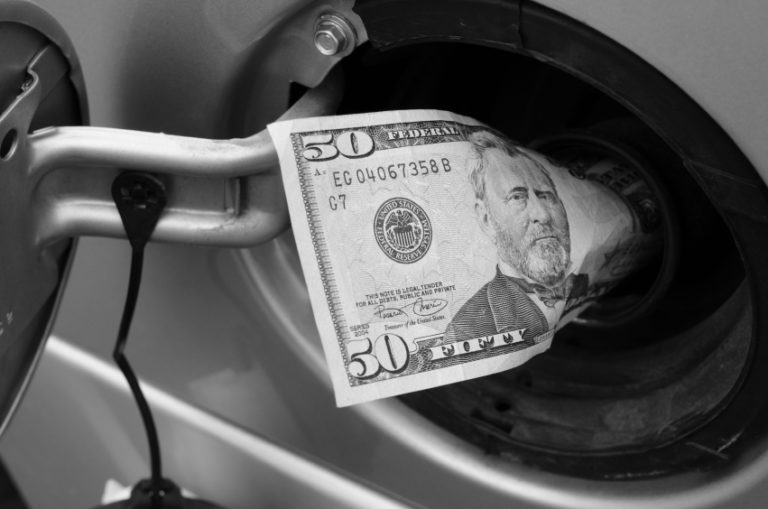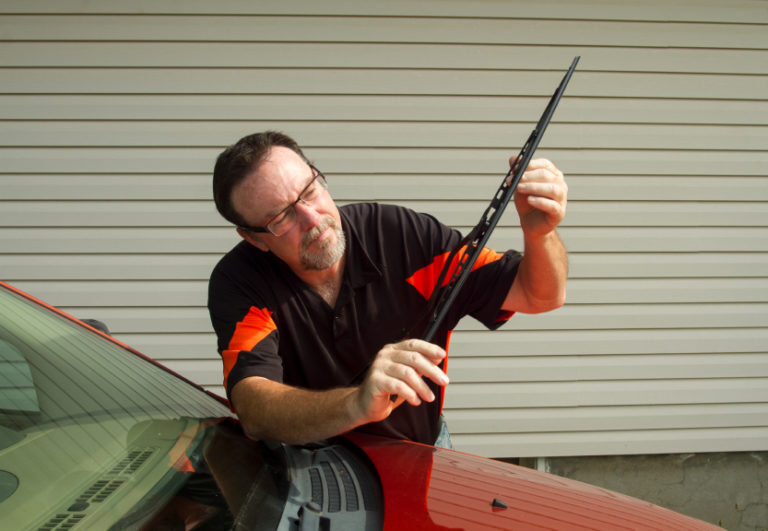Posted on 7/19/2016

George and Martha plan to drive to New York on Interstate 80. A long-awaited cross-country trip inspired a sense of adventure in the senior couple. Always thoughtful in preparation, and not wanting to get stranded, George began to review a travel checklist for their 2002 Lincoln Continental. He drove his Lincoln to John’s Auto Care to ensure basic maintenance was up to par. Things like oil, tires, battery, headlights, tail lights, blinkers, wipers, brakes and the air filter. “Good morning, George,” John said, “how can we help you today?” “Morning, John. Martha and I are leaving for New York the day after tomorrow and we want to make sure the Lincoln is road ready.” “No problem, George, can you leave your car here for a few hours?” “Certainly. I can go home and help Martha with the rest of the packing.” “George, before you go, do you h ... read more
Posted on 7/12/2016

Part of knowing the fundamentals of what your car needs, is being able to calculate its fuel efficiency as you drive around. It’s important to know how far you can drive on a single tank of gas. Knowing this will let you determine how much farther you can drive if your gauge ever breaks, and more importantly it will let you figure out what your fuel efficiency is. With that information you can out if something is wrong with your vehicle. What better month to learn about this than car care month? So take a few minutes and learn how to get to know your vehicle a little better. Calculating Total Miles Calculating total miles traveled is simple, as long as you’re willing to jot down a few numbers the next time you fill your car with a tank of gas. After you fill up your car, before you drive down the road, write down your odometer reading. This is the initial reading. Now drive your vehicle until it registers at the half tank mark ... read more
Posted on 7/5/2016

As spring rolls into summer, people start to plan vacations, road trips, or just a casual Sunday drive. In honor of National Car Month, we have compiled important facts you should know about the fundamentals of what your car needs. Read your owner’s manual. The manual will tell you basic information about your car: the optimal time to change your oil, what type to use, how much air should you put in your tires, etc. Don’t rely on generic advice about car maintenance. Your unique car has unique needs. The more informed your are about those needs, the less likely you will be taken advantage by a so-called expert.Do a visual inspection. As you are kicking those tires, look at the tire tread. Are the tires wearing evenly? Do the treads look worn? Get a cheap tire pressure gauge and check the air. If the treads are beginning to wear unevenly, schedule a routine tire ... read more
Posted on 6/28/2016

Road trips are an excellent idea for anyone who is looking to have a good time. Not only do you have the opportunity to take in some excellent views from the trip, but you can also have some pretty amazing adventures at the same time. Unfortunately, road trips are also a time when car issues develop. This is something that can quickly put a damper on any road trip and cause a great amount of expense. One of the best ways to make sure you are prepared to travel the roads is by creating an emergency kit for these types of situations. Along with flares and other safety devices, you will also want to include a way to jump your car in your emergency kit. Many drivers choose to add jumper cables to their vehicle as part of this process. However, there is actually something that is much more beneficial; a jump box. A jump box is a device that will jump your car without the need for a second vehicle. This is especially beneficial when you are on a road trip becaus ... read more
Posted on 6/21/2016

Prepping your car for warmer months is one of the most important maintenance cycles you can keep. The changing of seasons can be hard on a vehicle and require preparation with an eye toward reliability and safety. Perhaps the most often overlooked items on your seasonal checklist are your wiper blades. They are right in front of your face, but unless you are using them, they are out of sight, out of mind. At least, until they start to streak, leaving dirty arcs across your windshield until your next fuel stop. Then you scrub the window and forget until the next time it rains. Maybe you find yourself looking at a new set in the store, but it may not be time to spend that money just yet. The problem is most likely not the wipers themselves, but build up of road gunk on the blades. Especially after winters that have seen salted or sanded roads, residue can build up on the edge of your blade. This impedes its ability to maint ... read more